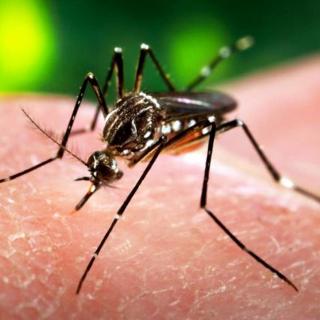
介绍:
The Zika(寨卡) virus could spread to Europe this summer, although the
likelihood of an outbreak is low to moderate, the World Health Organization has said.
Areas most at risk are those where Aedes mosquitoes(埃及伊蚊) may spread the virus, like the Black Sea coast of Russia and Georgia and the island of Madeira(马德拉).
Countries with a moderate risk include France, Spain, Italy and Greece, while the risk in the UK is low.
The UN agency is not issuing any new travel advice at this time.
The WHO is calling on countries to eliminate mosquito breeding sites and to make sure that people - particularly pregnant women(孕妇) - have
information on the potential harmful consequences(后果) of this disease.
The agency says most countries that could be affected are well prepared to pick up any new cases and deal with them quickly - but others must bolster(增强) their ability to diagnose the virus.
Zika has been linked to a rise in brain defects(畸形) in babies and
the virus has been seen in more than 50 countries during this outbreak.
And WHO experts say the risk of spread increases in late spring and summer as Aedes mosquitoes
- thought to carry the virus - become more active.
Dr Zsuzsanna Jakab, at the WHO, said: "We call particularly on countries at higher risk to strengthen their national capacities(能力) and prioritise the activities that will prevent(应该是prevent,我念成了present) a large Zika outbreak."
The report weighed up many different factors to calculate the likelihood of spread, including the presence of Aedes mosquitoes, the climate and whether countries had the capacity to deal with Zika and stop transmission.
大家还在听

